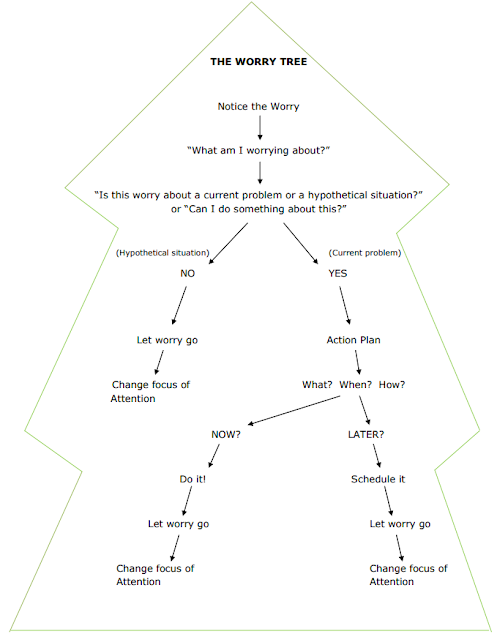I have decided to take part in a short online course being ran by The University of Sheffield into stress, mental wellbeing for your everyday. I thought I would share what I have been learning with others who may also benefit from this resource.
Why am I stressed?
Why am I stressed?
Stress drives physiological responses in the body. It can often manifest itself in a change of behaviour, for example, it can make you argumentative, agitated or anxious. This could result in worrying or potentially lead to avoidance behaviour or the abuse of alcohol, food or drugs. Procrastination, for instance, is a genuine psychological response to workload demands.
Stress is common in PhD students for lots of different reasons. Maybe a PhD student feels stress because they feel like they're dealing with problems alone, they have a lot of research to do in a small amount of time, they may constantly compare yourself with others or they feel like their work is never good enough.
One example is that of perfectionism, which can cause self-defeating thoughts and behaviours due to unrealistic goals. Perfectionists may have learned to value themselves only on the basis of other people's approval, leaving them vulnerable and sensitive to the opinions and criticism of others, making them try to be perfect as a defence mechanism. They may also be catastrophising, worrying about the bigger impact of a failure.
How can I stop stress?
1. Ask for help
1. Ask for help
Asking for help may seem like a sign of weakness or that you're not clever enough to be completing the PhD but these thoughts can lead to self imposed pressure, potentially resulting in anxiety or depression. You need to work out what area of your life you need some help and then go ahead and ask for it.
2. Stop the cycle of worry using "The Worry Tree"
2. Stop the cycle of worry using "The Worry Tree"
3. Cope with failure
If you recognise the feeling of feeling inadequate due to a failure, you can take a step back and realise that the wider implication of this failure may not be as big as you thought at first. Try and reach out and get some support if you are feeling this way e.g. contact your supervisor if you have missed or are going to miss a deadline. That's what they're there for.
4. See the situation more clearly and in a different way using "The Helicopter View"
4. See the situation more clearly and in a different way using "The Helicopter View"
5. Calm any panic attacks
Panic attacks are a form of acute anxiety in response to a sudden and excessive amount of hormones in your bloodstream. There are some strategies to help calm this often frightening (although not harmful) feeling:
- Focus on the present/distract yourself
- Remind yourself that the panic will end and that you will beat it
- Think positive coping thoughts
- Stretch out your body
6. Practise Mindfulness
Mindfulness is a way of paying attention to, and seeing clearly the things that are happening in our lives. It may not eliminate life’s pressures but it can help us respond to them in a calm way that benefits both our mental and physical health. You can practise it by choosing an everyday activity and chore and paying close attention to every single detail of what you are doing, without letting other thoughts distract you.
Further Reading and References
Butler, G and Hope, T (2007), The Worry Tree, https://www.getselfhelp.co.uk// (Accessed: 09/03/18)
The University of Sheffield, Fly-Mental Wellbeing for your Everyday, Online Course (Accessed: 09/03/18).
Vivyan, C (2009), Different Perspectives, https://www.getselfhelp.co.uk//perspectives.htm (Accessed: 09/03/18)

